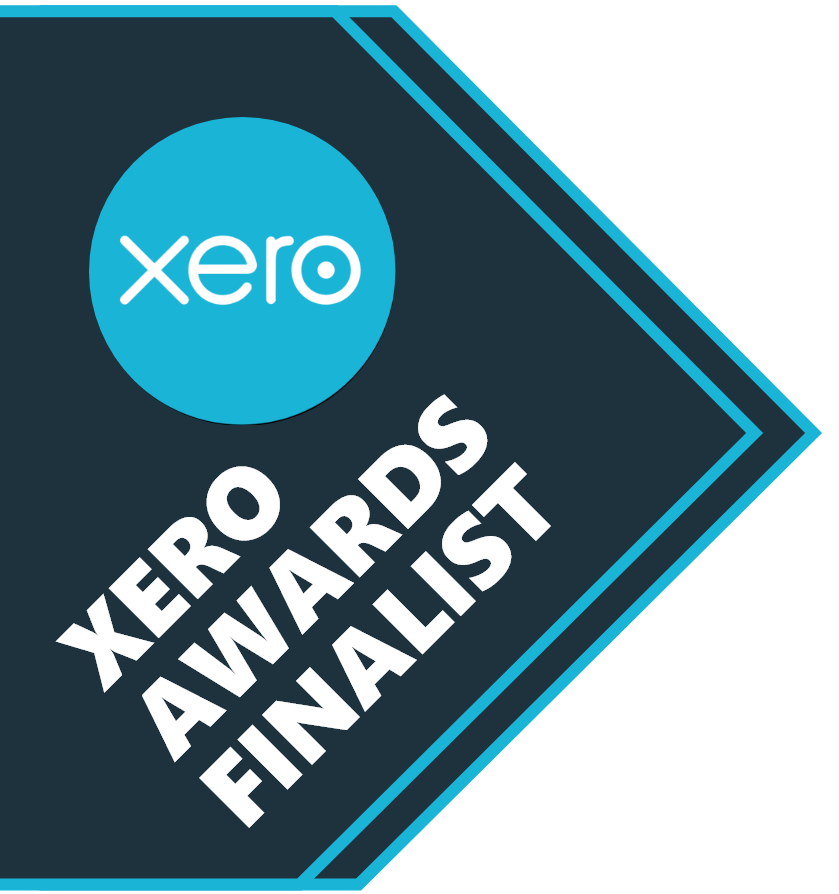To Trust … or Not to Trust?
Trusts have taken a bit of a bad rap from Inland Revenue in recent times and new legislation has changed the way we may view and operate Trusts in future. In particular:
- Introduction of new IRD Disclosure requirements, and
- The new Trusts Act 2019 which has codified a lot of the rules built up in case law over the years.
First up, what are the reasons for having a Trust:
- Protection of family wealth from:
- Business Creditors and Personal Guarantees
- Attack from unforeseen risks (e.g., litigation re Resource Management Act and Health & Safety Claims)
- Matrimonial Disputes and gold diggers looking to marry into family wealth
- The smooth transfer of wealth between generations and security of the family wealth as the Settlors age.
- Providing for the welfare and education of beneficiaries, especially for those that are not capable of looking after themselves.
- Taxation benefits where income can be allocated to beneficiaries on a lower marginal tax rate than the Trust rate of 33c in the dollar.
What has changed in regard to the Trusts Act 2019?
The new Trusts Act 2019 came into full force on 30 January 2021 following an 18-month transition period.
Changes introduced by the Trusts Act include:
- The introduction of new mandatory and default duties
- New adviser obligations (you should have access to your Trust Deed and know how to apply it)
- A definition of trust (referred to in the Trusts Act as an express trust)
- A new maximum duration of 125 years (up from 80 years previously).
- A new presumption that trustees will give basic trust information to every beneficiary
- Trustee obligations to retain core documents (including the Trust Deed and any variations to it, Trustee minutes, written contracts, memorandum of wishes and much more), and
- New streamlined trustee appointment and removal provisions.
Changes Introduced by the Government re disclosure of Trusts Affairs:
From 1 April 2021 most trustees will be required to provide Inland Revenue with financial accounting information on an ongoing basis. This will include:
- Profit and Loss statements
- Balance Sheet items, and
- Other information to be specified by the Commissioner (for example any transfers to the trust by associated persons).
The Commissioner can prescribe additional information relevant to trusts which must be provided as part of the return information, such as loans to or by related parties.
Trustees will also be required to provide information on distributions and settlements made during the income year and include that in their return.
For distributions, the information required would include identifying information for beneficiaries such as their name, IRD number and date of birth. This is set out in proposed section 59BA(2)(d) [of the Tax Administration Act 1994].
The information required for distributions is like the information Inland Revenue collects about beneficiaries as part of the current tax return process, where there is an allocation of income to the beneficiary.
What should we be doing with our current Trusts ?
You should review the purpose for which the Trust was originally formed.
This may still be relevant, but you should also consider whether your Trust is the appropriate vehicle in which to conduct your affairs moving into the future.
Things to consider:
- Do the costs of maintaining the Trust outweigh the benefits of winding it up now?
- Can I make alternative arrangements to safeguard the beneficiaries in the years to come (Note that you should update your Powers of attorney, Wills, and memorandum of Wishes and the like regularly)
- Should the Trust distribute most or all of its assets while the settlors are alive, and the beneficiaries are not too old to make best use of the sums distributed and make a difference to their lives ?
One thing is for sure, every case needs to be considered on its own merits.
For advice specific to your personal situation please speak to your relationship manager or give us a call 0800 282 887, together we can come up with a plan for you.
Get in touch or book a free review.
You might also be interested in:









